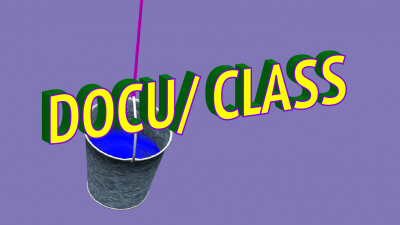Oleksandr Teliuk
film historian and head of the film archive at the National Oleksandr Dovzhenko Centre
He co-curated the VUFKU: Lost & Found (2019) and Cry! Call! Burn! (2020) exhibitions at Dovzhenko Centre’s Film Museum, as well as numerous film screenings at the Odesa International Film Festival, the Molodist International Film Festival in Kyiv, the 86 International Film and Urbanism Festival, the Docudays UA International Human Rights Documentary Film Festival and others. He co-compiled the publications Film Revision of Donbas (2017, 2018), (In)visible Chornobyl (2017), The Anthology of Ukrainian Film Criticism of the 1920s (2018-2021).
 add to calendar
add to calendar
